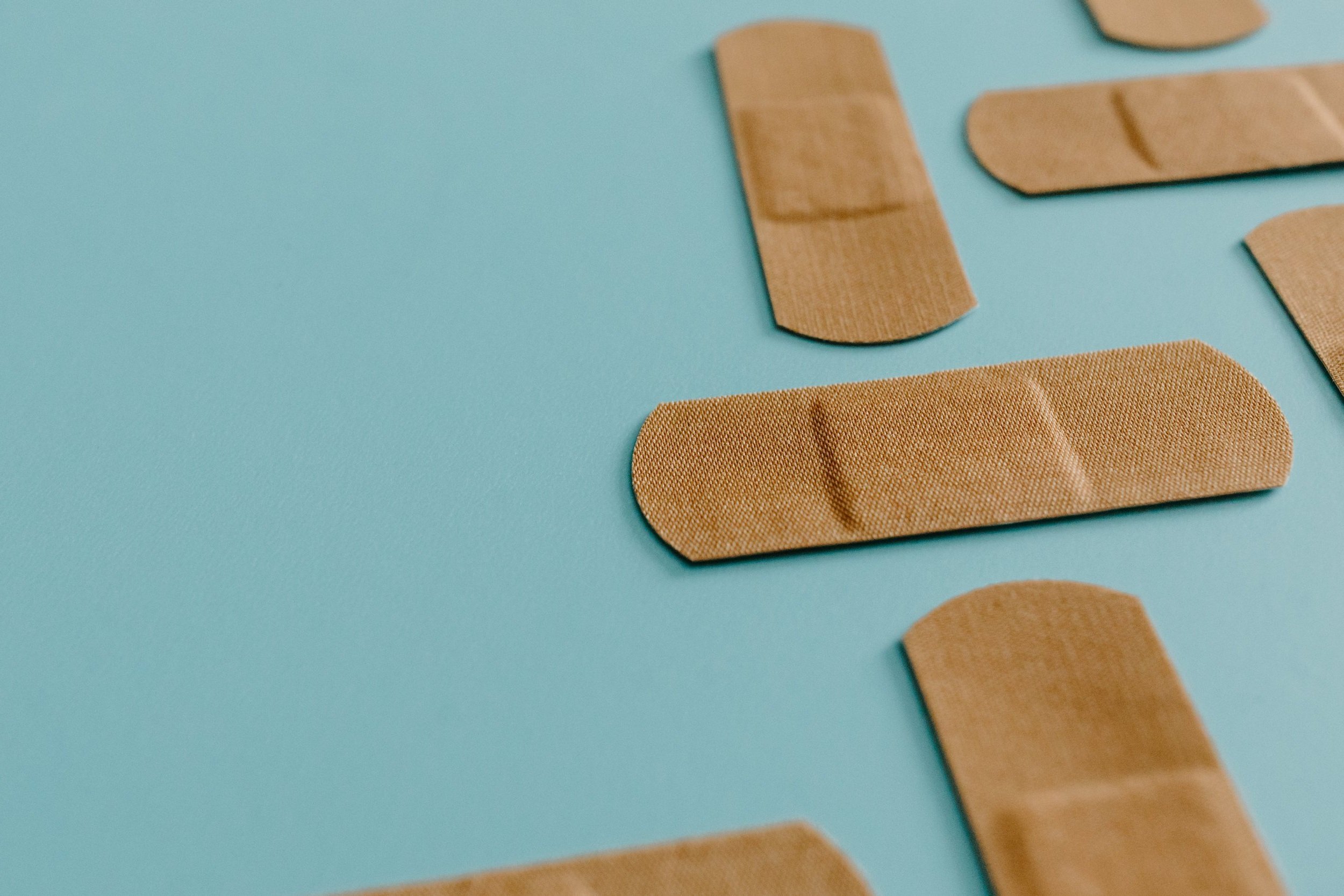Our Process
Our meticulous process is crafted to prioritize your health and convenience, ensuring a seamless experience from the moment you reach out to us. Explore the stages of our dedicated mobile wound care process below, and let us guide you towards healing.
-
Most times, patients can refer themselves and we can request info from their providers. In addition, we gather information to ensure understanding of the patient’s entire medical story and history of their wound.
-
As a courtesy, we contact insurance to determine if patient has coverage. This ensures they will get the best care possible, while knowing upfront what their insurance will cover. Cost and coverage varies by insurance company and plan.
-
Our office will then contact the patient (or referring professional) to schedule a time for our specialist to visit the patient where they live or reside.
-
Our specialist performs an assessment to determine any additional testing/diagnostics that needs to be done, and develops a plan of care with all aspects of patient health considered.
-
We will then collaborate with the patients healthcare team to ensure continuity of care and cohesive effort.
Wound Types
Diabetic Ulcers
Pressure Injuries
Venous Stasis Ulcers
Surgical Wounds
Arterial Ulcers
Traumatic Wounds
Burns/Scalds
Diabetic Ulcers Pressure Injuries Venous Stasis Ulcers Surgical Wounds Arterial Ulcers Traumatic Wounds Burns/Scalds
Mobile Wound Care
When wounds are left untreated for too long, it can lead to serious issues like infections and even the possibility of amputation. Adept Medical Group makes sure to address this by sending Qualified Wound Specialists to provide advanced wound consultations and treatments, right at the patient's bedside. Our experts specialize in wound care, creating easy-to-follow treatment plans, offering guidance to patients, and providing educational sessions for nursing staff to ensure the best care possible.

Treatment Strategies
-
Wound Debridement
Wound debridement is the process of removing dead tissue from wounds. Wounds can heal faster if dead tissue is removed. Dead tissue can trap bacteria. Bacteria may lead to wound infections. Bacteria can cause odor.
-
Skin Substitutes
Skin substitutes are tissue-engineered products designed to replace, either temporarily or permanently, the form and function of the skin. Skin substitutes are often used in chronic, non-healing ulcers.
-
Biologics
Biological materials used in wound healing can either be derived from natural sources or can be synthetic. Natural sources of wound biomaterial include plants, fungi, bacteria, and animals.
-
Vascular Screening
The early diagnosis of chronic conditions such as peripheral artery disease (PAD) through technology and screening leads to increased healing time and better patient outcomes.
-
Education of Facility Staff
For our patients living or staying in care facilities, we assist their healing outcome by educating the facility staff in the best methods and practices and creating an open dialogue of education.
-
Advanced Dressings
Advanced wound care can be divided into three main categories: wound healing, infection prevention, and restoration. Our advanced dressing knowledge and techniqus ensure the best outcomes.



